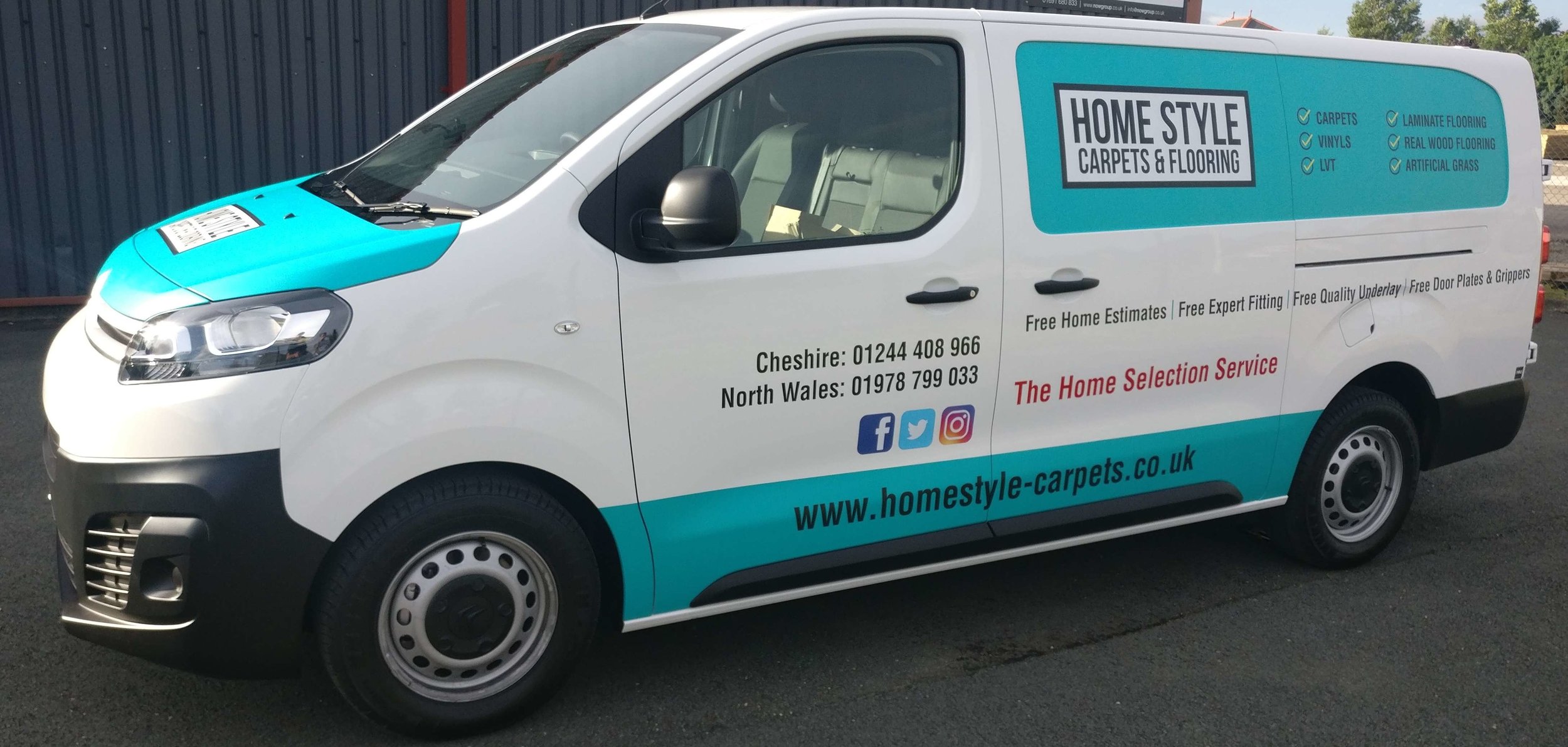Soya makes artificial grass more sustainable
/A new artificial turf with a soya backing has been developed to makes artificial grass more environmentally friendly.
Installing artificial grass in North Wales homes and businesses is popular, but to ease environmental concerns, Universal Textile Technologies in the United States has developed BioCel and EnviroCell backing for synthetic grass made from soy-based polyol. This backing replaces the petroleum-based polyurethane equivalent usually used. Manufacturing soya-based backing creates lower carbon emissions and improves air quality.
The largest artificial grass manufacture in the USA, SYNLawn, is replacing all its petroleum-based backed artificial grass with soy-based ones. It claims that the new soya backed range of artificial grass is 100% recyclable and lasts at least as long as petroleum-based backing grass. Non-soya based artificial grass can be recycled to some extent – for example, some manufacturers have turned the materials in artificial grass into other products, including bags and dog bowls.
A major advantage of artificial grass is that it does not need watering. North Wales has high annual rainfall, but summers can be dry and areas run low on water supplies, which makes it important to save water,
Soya farmers in America are looking for new ways to use soya and see soy-based artificial grass backing as an innovative use for their crops. After Kyle Bridegforth of Bridgeworth Farms in Alabama was shown SYNLawn, he said:
“SYNLawn turf has the natural qualities of real grass in appearance and feel. The product is as innovative as it is beautiful and functional.”

